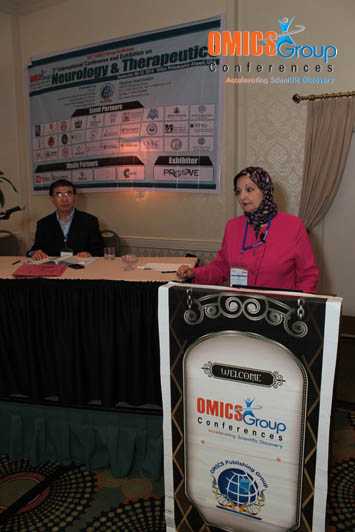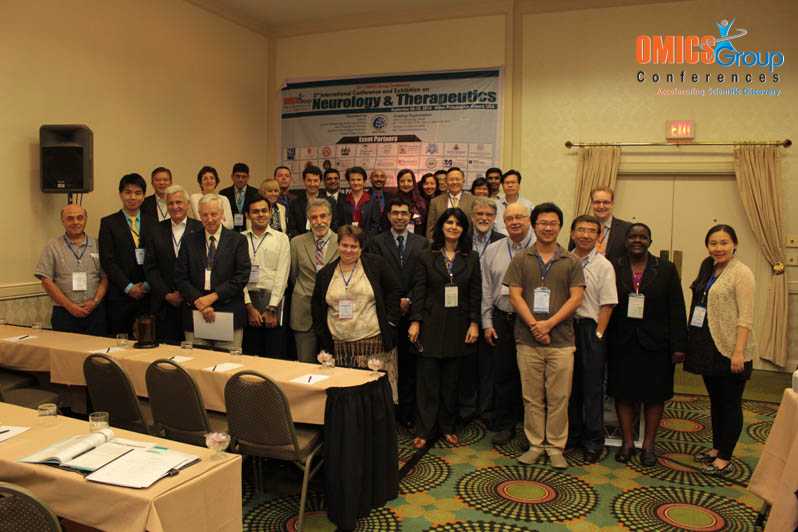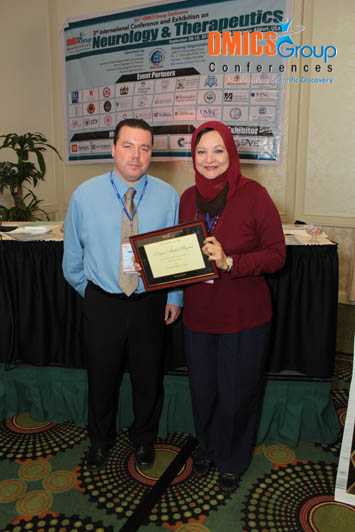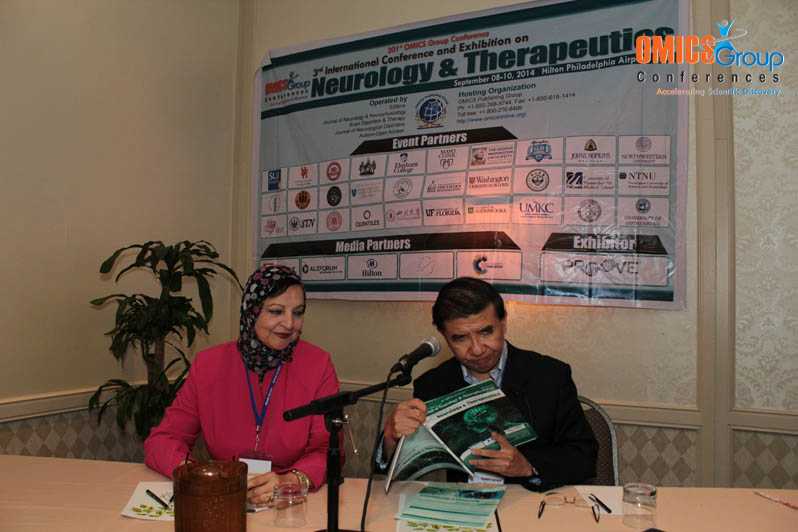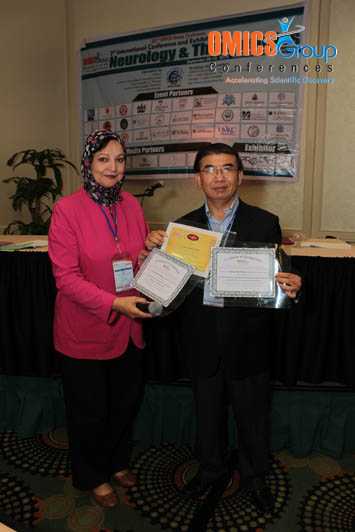
Nagwa Abdel Meguid
National Research Centre, Egypt
Title: Recent advances in molecular medicine: Changing the practice of neurology
Biography
Meguid is an experienced clinical geneticist. Currently served as a professor of human genetics at the National Research Center (NRC) in Egypt. Holds her Ph.D. in Human Genetics, Senior Geneticist at the Genetics Institute, Pasadena, California; a fellow of Uppsala University, Sweden; fellow at Yale University USA. She was one of five selected scientists to win the outstanding L’Oreal UNESCO Award for women in Science for Africa & Middle East (2002). She is the head and running a Clinic and Laboratory for children with neurogenetic disorders focusing on genetics of autism. Currently she is a member in the Regional Bio-Ethics Society and committed to Gender Research in Africa into Information Communication Technologies for Empowerment.
Abstract
The study of the nervous system dates back to ancient Egypt. Neurological diseases comprise a vast range of diseases that vary in clinical presentation, genetic influence, and therapeutic response. Many have a specific genetic basis.High throughput techniques such as micro array, comparative Genomic Hybridization(CGH), whole exome and genome sequencing allow for one-step interrogation of multiple genes for an even larger range of diseases. The recognition of these genes and their associated proteins has led to new approaches in treatment. There have been recent achievements in genomic medicine in many neurological conditions. Here we will briefly discuss 2 new things in the field of Neurogenetics. Clinicians made the diagnosis of autism spectrum disorders populations and then walked away since there was little to offer for effective therapy. Recently, mutations in the BCKDK gene were detected in affected individuals from consanguineous families who had epilepsy, autistic features, associated with intellectual disability. The encoded protein is responsible for phosphorylation-mediated inactivation of the branched-chain ketoacid dehydrogenase enzyme where the potential treatment is obvious and simple. The second ischromosomal microarray studies that can now identify duplications or deletions of the genome associated with intellectual disability.High consanguinity rates and inbreeding coefficients increases the number of recessivedisorders in the Middle East such as Joubert syndrome. Much progress has been made finding genes responsible for Mendelian syndromesinvolvingintellectual disability.A number of new tools for efficient subtelomere screens based on array CGH technologies have recently been published. Telomere analysis has identified crypticsubtelomeric translocationsegregating through 5 generations using array-CGH analysis.Subtelomericrearrangements may be a major cause for unexplained mental retardation and/or multiple congenital anomalies. As these techniques become more accessible to researchers and clinicians, it would build up more knowledge about molecular - behavior relationship, thus changing the understanding of neurological disorders and allowing definite diagnosis which is the cornerstone of genetic counseling.
Speaker Presentations
Speaker PDFs

